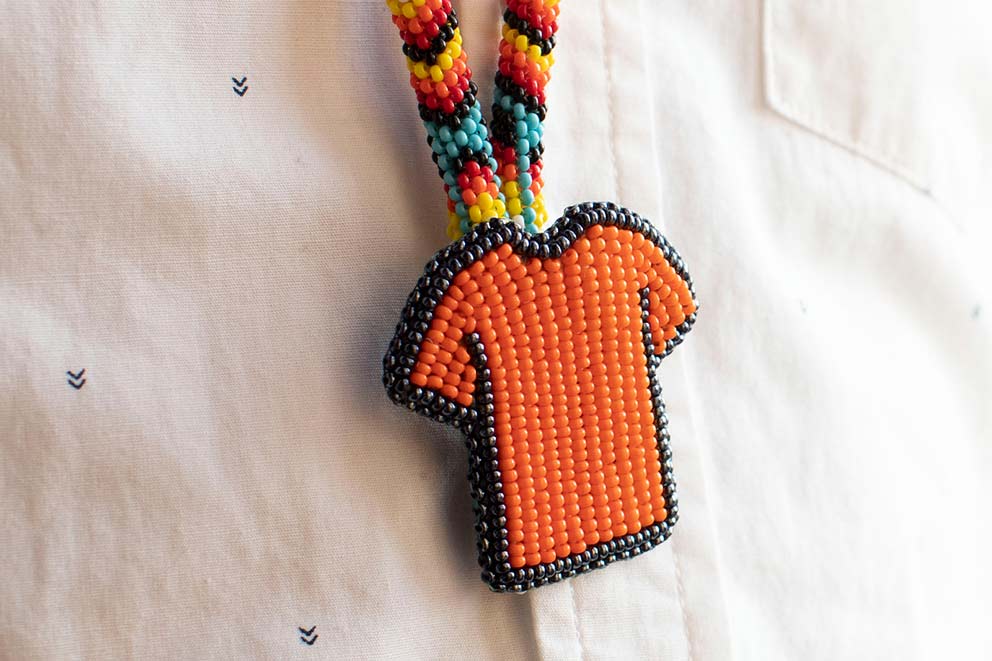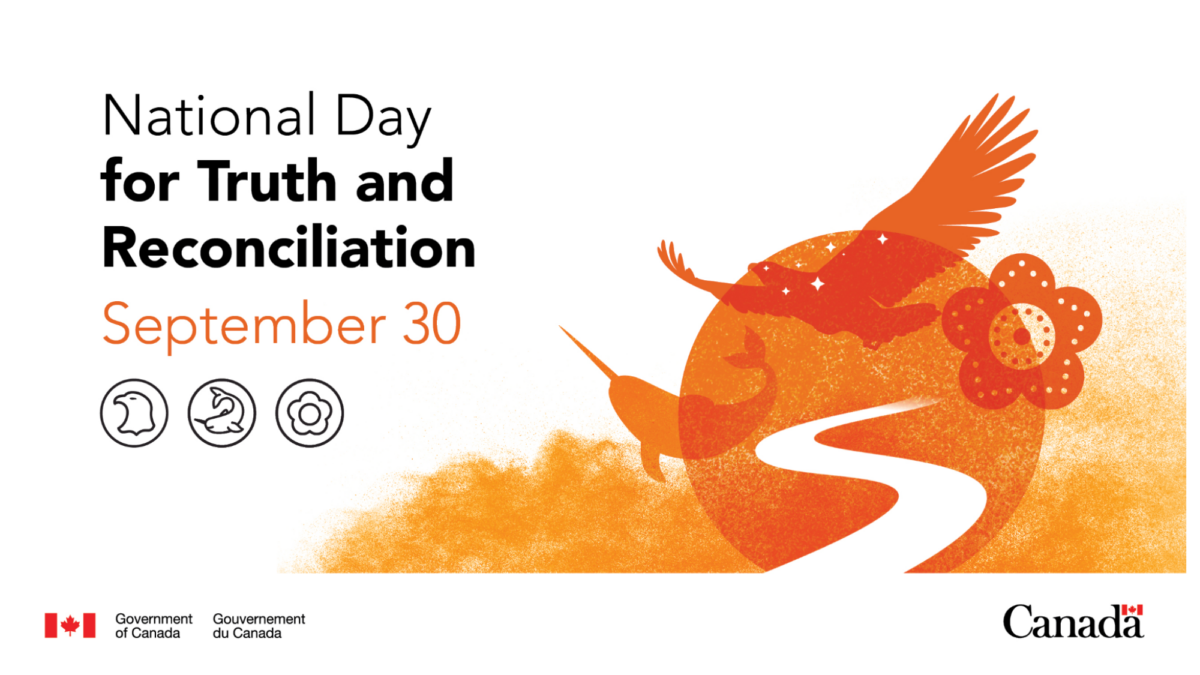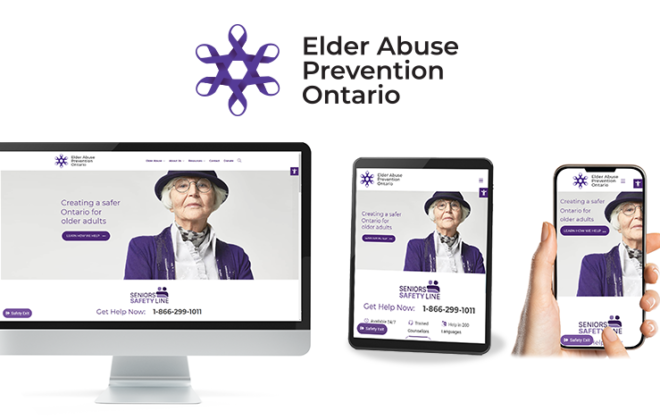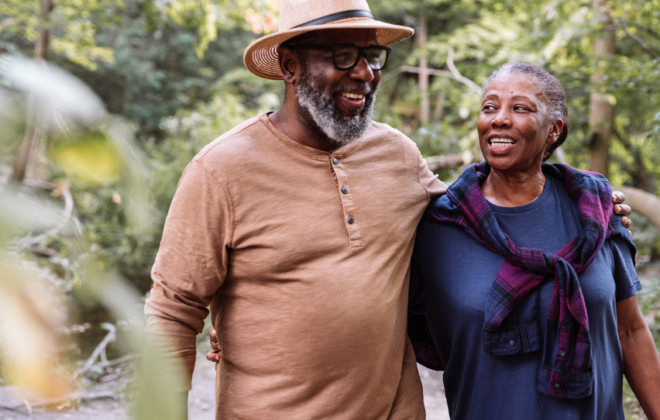National Day for Truth and Reconciliation
Each year, September 30 marks the National Day for Truth and Reconciliation.
The day honours the children who never returned home and Survivors of residential schools, as well as their families and communities. Public commemoration of the tragic and painful history and ongoing impacts of residential schools is a vital component of the reconciliation process.
This federal statutory holiday was created through legislative amendments made by Parliament.
Wear orange

Both the National Day for Truth and Reconciliation and Orange Shirt Day take place on September 30.
Orange Shirt Day is an Indigenous-led grassroots commemorative day intended to raise awareness of the individual, family and community inter-generational impacts of residential schools, and to promote the concept of “Every Child Matters”. The orange shirt is a symbol of the stripping away of culture, freedom and self-esteem experienced by Indigenous children over generations.
On September 30, we encourage all Canadians to wear orange to honour the thousands of Survivors of residential schools.
Download our commemorative promotional resources and share how you will mark this day by using the hashtag #NDTR on social media.
Commemorating the National Day for Truth and Reconciliation
Across the country, you can find open to public local activities and gatherings organized to commemorate the history and legacy of residential schools.
Find an event near you by following hashtag #NDTR on social media.
Illuminating Parliament Hill
To commemorate the National Day for Truth and Reconciliation and Orange Shirt Day and to honour the Survivors, their families, and communities, the Peace Tower and the Senate Building will be illuminated in orange throughout the evening of September 30.
Remembering The Children: National Day for Truth and Reconciliation – National Commemorative Gathering
APTN and the National Centre for Truth and Reconciliation present Remembering The Children: National Day for Truth and Reconciliation, a 90-minute commemorative gathering. The multilingual event will be broadcast live from Parliament Hill, starting at 3 pm (ET) on APTN and APTN Languages.
Truth and Reconciliation Week
The National Centre for Truth and Reconciliation offers a free virtual educational program from September 23-27, 2024, to all schools across Canada. This is a transformative journey for students, educators, and the broader community to engage with the history and enduring spirit of First Nations, Inuit, and Métis Peoples. Programming is available in English, French and ASL. Registration is required.
Mental health supports available
Former residential school students can call 1-866-925-4419 for emotional crisis referral services and information on other health supports from the Government of Canada.
Indigenous peoples across Canada can also go to The Hope for Wellness Help Line 24 hours a day, 7 days a week for counselling and crisis intervention.
Call the toll-free Help Line at 1-855-242-3310 or connect to the online chat (Please use Google Chrome).
Truth and Reconciliation Commission and its calls to action
There were 140 federally run residential schools in Canada that operated between 1867 and 1996. Survivors advocated for recognition and reparations and demanded accountability for the intergenerational impacts of harm caused. Their efforts culminated in:
- the Indian Residential Schools Settlement Agreement
- apologies by the government
- the establishment of the Truth and Reconciliation Commission
- the creation of the National Centre for Truth and Reconciliation
The Truth and Reconciliation Commission ran from 2008 to 2015 and provided those directly or indirectly affected by the legacy of the residential schools policy with an opportunity to share their stories and experiences. The Commission released its final report detailing 94 calls to action. The National Day for Truth and Reconciliation is a direct response to Call to Action 80, which called for a federal statutory day of commemoration.
The National Centre for Truth and Reconciliation has become the permanent archive for the statements, documents and other materials the Commission gathered. Its library and collections, as well as its National Student Memorial Register, are the foundation for ongoing learning and research.
Funding for community activities and gatherings
Funding is offered to communities and organizations for activities and gatherings for the National Day for Truth and Reconciliation. Canadian Heritage has funded 422 events and gatherings across the country in 2024.
The call for proposals for community-based commemoration activities for 2025 will open in November 2024. For more information, visit the funding web page.
To learn more
This National Day for Truth and Reconciliation, explore the rich and diverse cultures, voices, experiences and stories of the First Nations, Inuit, and Métis peoples. Start your learning journey today.
The Article originally appeared at : https://www.canada.ca/en/canadian-heritage/campaigns/national-day-truth-reconciliation.html
Find more resources :
https://www.canada.ca/en/canadian-heritage
Truth and Reconciliation Week, September 25 – 30, 2023
Truth and Reconciliation Week 2023 Public Lunch and Learns
Truth and Reconciliation Website
Listen EAPO Indigenous webinar
Check your knowledge on the National Day for Truth and Reconciliation taking EAPO quiz here





